‘Communicating Research’: FMC Departmental Seminar Series 2015-16
Time: Wednesdays, 3-5 pm
Venue: The Screening Room: W240, Weymouth House, Talbot Campus, Bournemouth University.
Wednesday 18 October, 3-4pm
A Politics & Media Research Centre event
Speaker: Orlanda Ward
‘Signs of progress? The 2010 General Election and Newspaper Coverage of BAME
Women as Parliamentary Candidates’
2010 was a breakthrough year for BAME (Black, Asian and Minority Ethnic) women
in parliament. Although only three had previously been elected to the House of
Commons, a further seven joined their ranks that year. While British gender and
politics research has begun to focus increasingly on news coverage of female
politicians, it has not yet considered the intersection of race and gender in
this context. I employ quantitative and qualitative content analysis to
investigate intersectional racial and gendered differences in the quantity,
quality and content of national newspaper coverage garnered by BAME female
candidates compared to white women and men and BAME men. The results show that
BAME women are more visible than their white female counterparts, but their
coverage is more likely to be negative, and more likely to explicitly foreground
gender. BAME women are also framed alternately as signs of progress, co-opted
tokens, embodied ideologies and substantive representatives.
Orlanda Ward is Teaching Fellow in Qualitative Methods and an ESRC-funded
Political Science PhD candidate at UCL’s School of Public Policy. She has
previously served as a Teaching Fellow in Quantitative Methods.
Her research interests span many aspects of gender and politics, particularly
women’s political representation, intersectionality, and the nexus of gender,
media and politics. Her thesis considers the effects of ethnicity and gender on
the quality and quantity of campaign coverage received by political candidates
in the US and UK.
She has recently served as a Research Assistant to LSE’s Gender and Power
Commission, worked with Dr Heather Savigny on gender and coverage of the 2015
general election, and been appointed as a Visiting Scholar at Rutgers University
and the Center for American Women and Politics. Prior to commencing her PhD, Orlanda completed an MA in Gender Studies (UCL) and worked for a number of
gender-focused NGOs and a frontbench female politician.
Wednesday 18 October, 4-5pm, W240
A BU Journalism Research Group event
Speaker: Dr Scott Eldridge II, University of Sheffield
‘Iconoclasts and Irritants: WikiLeaks and Journalism’s Troublesome Actors’
From WikiLeaks and Julian Assange to the NSA leaks and Edward Snowden, prominent news stories of late have been notable for the role digital leaks and ‘hacks’ have played in coverage. Centring these stories, key actors working primarily online have also found themselves in the middle of debates of and around journalism as they argue the Fourth Estate is enhanced by their contributions, in some cases asserting their own place alongside journalists and within the journalistic field.
Beyond famous exposés, less prominent but no less provocative ‘hacktivist’ leaks have driven journalistic coverage around secreted-away corporate files, exposures of failures of justice, and celebrity gossip and scandals. This paper argues we can learn from the activities of these actors, including WikiLeaks and others who operate outside journalistic norms and traditional understandings of the journalistic field.
For challenging journalistic norms and confronting boundaries of the journalistic field, this paper sees provocative digital actors as providing opportunities to better understand journalism in a digital age. Situating the journalistic claims and endeavours of these actors within a broader discussion of journalistic identity, ideal-typical, and normative definitions of journalism, it critiques the way traditional definitions of journalism exclude such actors outright, thereby ignoring evaluations of their possibly journalistic acts. Building on previous studies (Eldridge 2013, 2014), this paper argues against privileging narrow views of journalism and offers theoretical insights to take stock of an expanding range of journalistic actors.
About the series
This new seminar series showcases current research across different disciplines and approaches within the Faculty of Media and Communication at BU. The research seminars include invited speakers in the fields of journalism, politics, narrative studies, media, communication and marketing studies. The aim is to celebrate the diversity of research across departments in the faculty and also generate dialogue and discussion between those areas of research.
Contributions include speakers on behalf of
The Centre for Politics and Media Research
The Centre for the Study of Journalism, Culture and Community
Narrative Research Group
Journalism Research Group
Advances in Media Management Research Group
Emerging Consumer Cultures Research Group
Public Relations Research Group
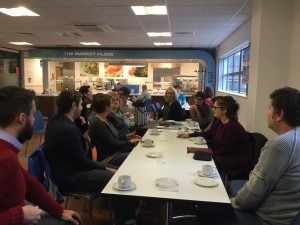
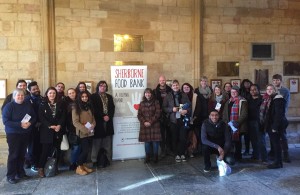
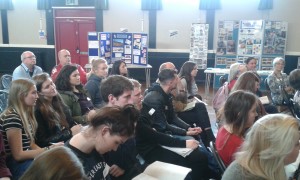
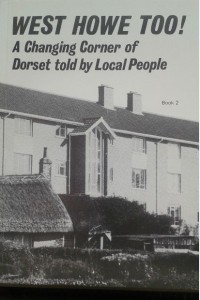
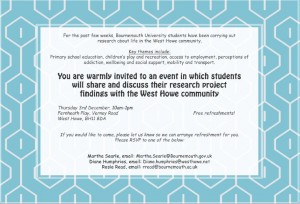

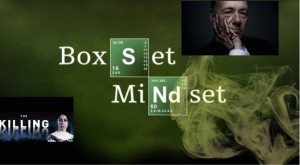
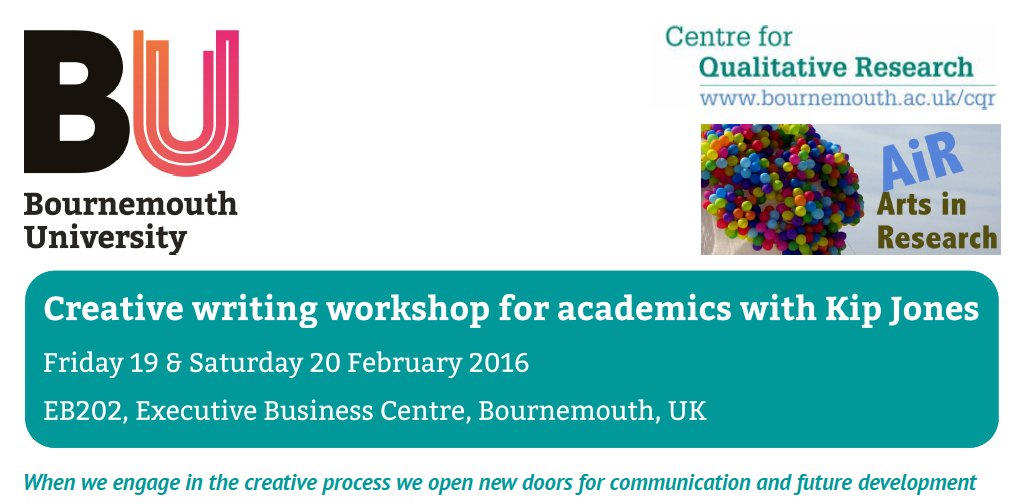
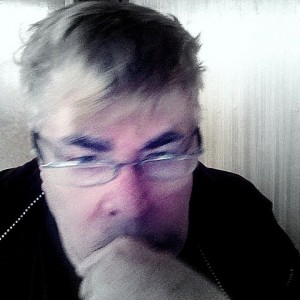
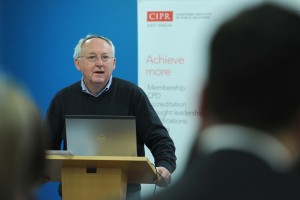



 This afternoon Prof. Jonathan Parker introduced the final of three session in the Executive Business Centre under the title ‘Enhancing social life through global social research: Part 3. Social science research in diverse communities’. This session was well attended and coveredwas a wide-range of interesting social science research topics.
This afternoon Prof. Jonathan Parker introduced the final of three session in the Executive Business Centre under the title ‘Enhancing social life through global social research: Part 3. Social science research in diverse communities’. This session was well attended and coveredwas a wide-range of interesting social science research topics.











 FHSS academics teaching in Nepal
FHSS academics teaching in Nepal New weight change BU paper
New weight change BU paper One week to go! | The 16th Annual Postgraduate Research Conference
One week to go! | The 16th Annual Postgraduate Research Conference Geography and Environmental Studies academics – would you like to get more involved in preparing our next REF submission?
Geography and Environmental Studies academics – would you like to get more involved in preparing our next REF submission? Congratulations to three former BU staff
Congratulations to three former BU staff MSCA Staff Exchanges 2024 Call – internal deadline
MSCA Staff Exchanges 2024 Call – internal deadline Applications are now open for 2025 ESRC Postdoctoral Fellowships!
Applications are now open for 2025 ESRC Postdoctoral Fellowships! Horizon Europe – ERC CoG and MSCA SE webinars
Horizon Europe – ERC CoG and MSCA SE webinars MaGMap: Mass Grave Mapping
MaGMap: Mass Grave Mapping ERC grants – series of webinars
ERC grants – series of webinars